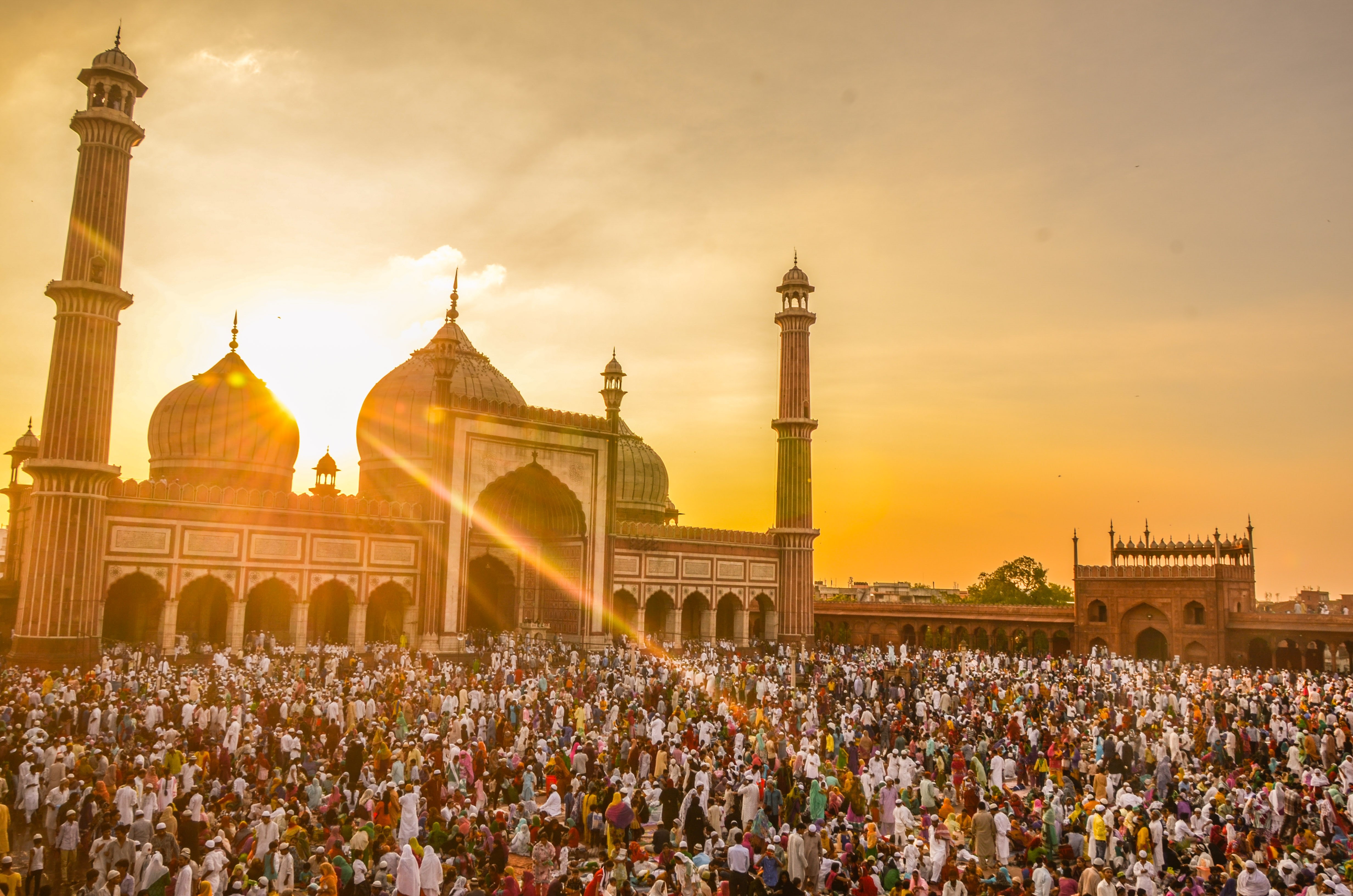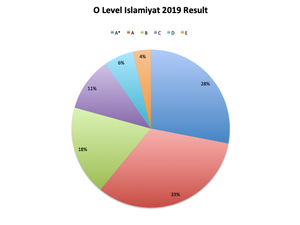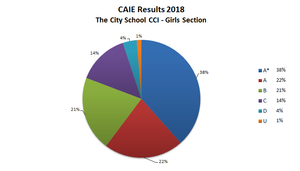
Ijma and Qiyas
June 2017 - 0493/22
Q1.a) “ My community will never agree upon an error”. The Holy Prophet (SAW) Hadith encourages the use of consensus of opinion (ijma). Outline:/10
i) What consensus of opinion (ijma) is, and how many kinds of ijma there are;
Ii) Who is qualified to practice it;
Iii) Give examples of how the Holy Prophet (SAW) and the Rightly guided caliphs practiced Ijma.
i) Ijma is the unanimous agreement of a group of scholars on a particular issue. I t should not contradict the first two primary souces of Islamic law (Quran, Hadith). The use of Ijma as a source of Islamic law is based on a number of Quranic verses, for e.g it says:”You are the best of people evolved for mankind, enjoining what is right and forbidding what is wrong, and believing in Allah”. Ijma is of two kinds: The first is the general agreement of all Muslims in matters of belief, for e, that Quran is a revealed Book and Prophet (SAW) is the seal of prophets.The second type of ijma is the consensus by a group of Muslims on legal matters on which Quran and sunnah are silent. Legal experts have their differences on the composition of ijma as t o whose decision should be accepted. Some say it should comprise the companions of Prophet (SAW), some say it should be the people of Madina , yet another group say on lt the Rightly guided caliphs has the authority to call for Ijma. The shia’ Muslims say right of ijma belongs to the descendants of Holy Prophet (SAW) and another opinion is that ijma can be practiced by the legal scholars of any generation
ii) Only a jurist called Mujtahid is authorise to practice ijma. He must have thorough knowledge of Quran and Sunnah; he must be pious and righteous and must fear Allah; for the validity of ijma the legal scholars need to provide evidence from Quran and sunnah to support their decision. The decision made on ijma should not contradict the two primary sources in any way.
iii) Holy Prophet (SAW) practiced ijma throughout his life . He never imposed his decision upon his companions. For example in the battle of uhad he agreed to the decision of his companions to fight outside Madina as well as in the battle of trench when Muslims were running short of resources, Prophet (SAW) took the consensus for the best war strategy from his companions and when Salman Farsi suggested to dig a trench, Prophet (SAW) agreed to it. Similarly The Rightly guided caliphs also practiced ijma during their rule. Hazrat Abu Bakr made the decision on the compilation of Quran on the basis of ijma after the disastrous effects of the battle of Yamama. Hazrat Uthman introduced the two Aza’ans for Friday prayers when the cities were getting crowded and people could not hear Aza’an . Hazrat Uthman made this decision on the basis of ijma.
Q1a. What is qiyas and how is it use as a source of Islamic law?/4
Qiyas is the fourth secondary source of Islamic law. It is the analogical deduction of the matter under consideration. It is deduced by comparing the unknown (Today’s question) with the known(Quran, Sunnah).The legal scholar goes through the four step process to deduce a law on the basis of Quran or Sunnah.For example, if the question today is whether use of mobile phones is allowed at the time of Friday prayer.This is known as( fir) ; it is compared by the legal scholar with the (root) “O you who believe….and leave off business that is best for you if you know”; the scholar then makes a connection (illa) between root and fir and a(hukm) is deduced that mobile phones are not allowed at the time of Friday prayer as it deviates the Believers from their worship.
b) In your opinion Is Ijma more beneficial for the Muslims or qiyas?/4
Ans. I think Ijma and qiyas are both important sources of Islamic law and used under different circumstances play a very important role in solving the current issues of Muslim Umma. Ijma is more beneficial in the sense that it helps in maintaining the unity of Muslims by deducing a decision with the agreement of all scholars whereas in Qiyas lot of personal opinion is involved that leads to unease amongst some Muslims. However we cannot ignore the importance of qiyas as it gives flexibility to Islam by answering all contemporary issues by deducing analogical deduction and proves that message of Islam is for all times to come and its message will not fade with the passage of time






Comments